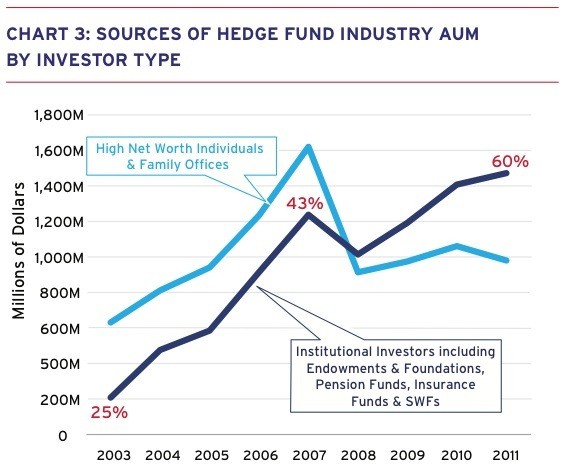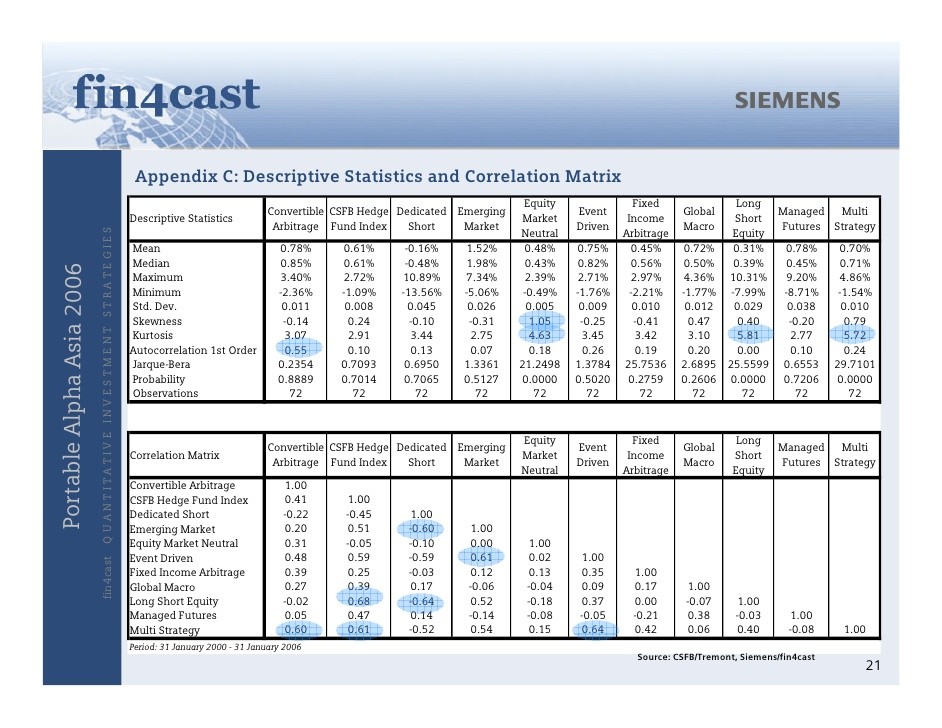Hedge Funds and Tax Liens The Future Correlation
Post on: 16 Июль, 2015 No Comment

Investors today are facing the toughest economy in decades and, as a result, low returns on hedge funds. So, how is one supposed to make the returns of yesterday in todays economy? What will be the next big source of investment income? These are the questions that top practitioners are asking. However, the answer may be right under their noses.
Since one hundred-fifty years ago, this countrys counties and municipalities have been in the business of selling tax liens, which provide high yields for interested, knowledgeable investors. This type investment fits very well with the multi-strategy hedge funds, as well as those focused on the credit and real estate markets.
Understanding the Process:
However, before investors can make the plunge into this slightly unique market, they must understand the concepts behind it. One of those is the tax lien receivable, which is simply the right to collect taxes on a property. The reason that this term is so important to this market is because once a home owner falls into delinquency with property taxes, after some time, the bank has the right to place a lien on the property and sell that lien. The buyer is then able to collect back taxes from the property owner.
Because so much of a governments ability to allocate funds depends on the collection of property taxes, the failure to pay by individuals is very harmful. Thus, governments must look for quick solutions to alleviate the lost income. Otherwise, they must make cuts to their spending or raise property taxes for those who do continually meet their obligations. So, it is no surprise that many governments take advantage of the opportunity to sell the debt, which carries a collateral of the property itself.
So, why is this a good buy for the investor? As always, the answer is the interest earnings. As the property owner pays off the back debt, he or she must also pay a penalty in the form of interest. That interest can range from ten up to fifty percent. That spells tremendous gain for the holder of the lien. Even if the property owner fails to pay, in most cases, after a given amount of time the lien holder can foreclose on the house and arrange a sale. Bought at the right price, this too can account for tremendous income for the investor.
The Downfall:
At this point, the tax lien market suffers one major drawback. That is the lack of a secondary market or a uniform process for the resale of outstanding liens. For now liens are sold only once and the buyer assumes responsibility for collecting the debt due or following through with the foreclosure process. However, if a secondary market was developed, this could become a true source of investment and more would consider it as a type of hedge fund. They could, should they do it correctly, buy low and sell high and reap the rewards more quickly without having to bother with the mess of collecting the taxes due.

This is not to say that they do not offer a high return opportunity as is, but it is to say that they are currently not ideal for hedge fund type investment.
Risk Versus Reward:
Regardless of whether or not they work as a hedge fund at the moment, tax lien investors speak highly of this type of investment. One that invests in this market can expect an average of about ten percent gain on the outlay and the average lien purchase will see a fifty percent repayment in the first year. Not risk free, in that there is not a definite maturity date and foreclosure can be a long undertaking, these are still considered a favorable source of investment for many looking for lower risk and moderate yields.
Who Should Make the Investment?
Despite what was said above, included in the list of those that typically seek these types of investments such as corporations and regional lien pools are hedge funds and private equity firms. They are ideal for those not seeking easy liquidity and those that are properly backed with a knowledgeable legal team.














